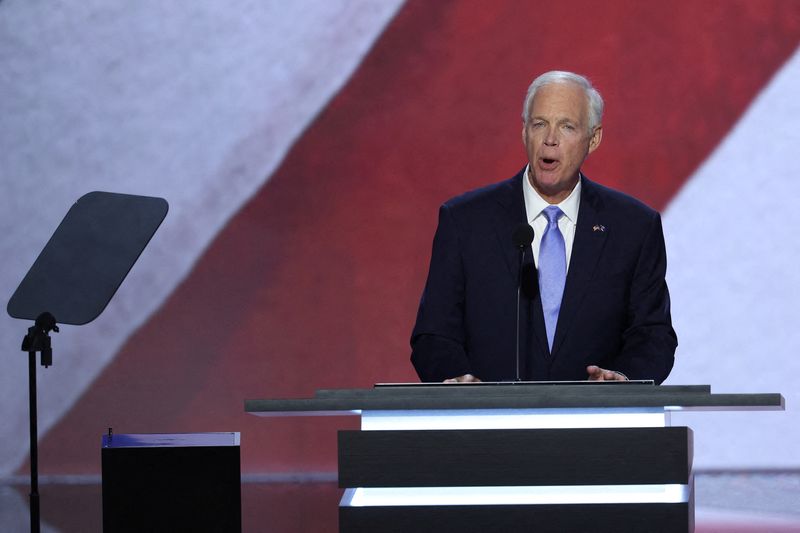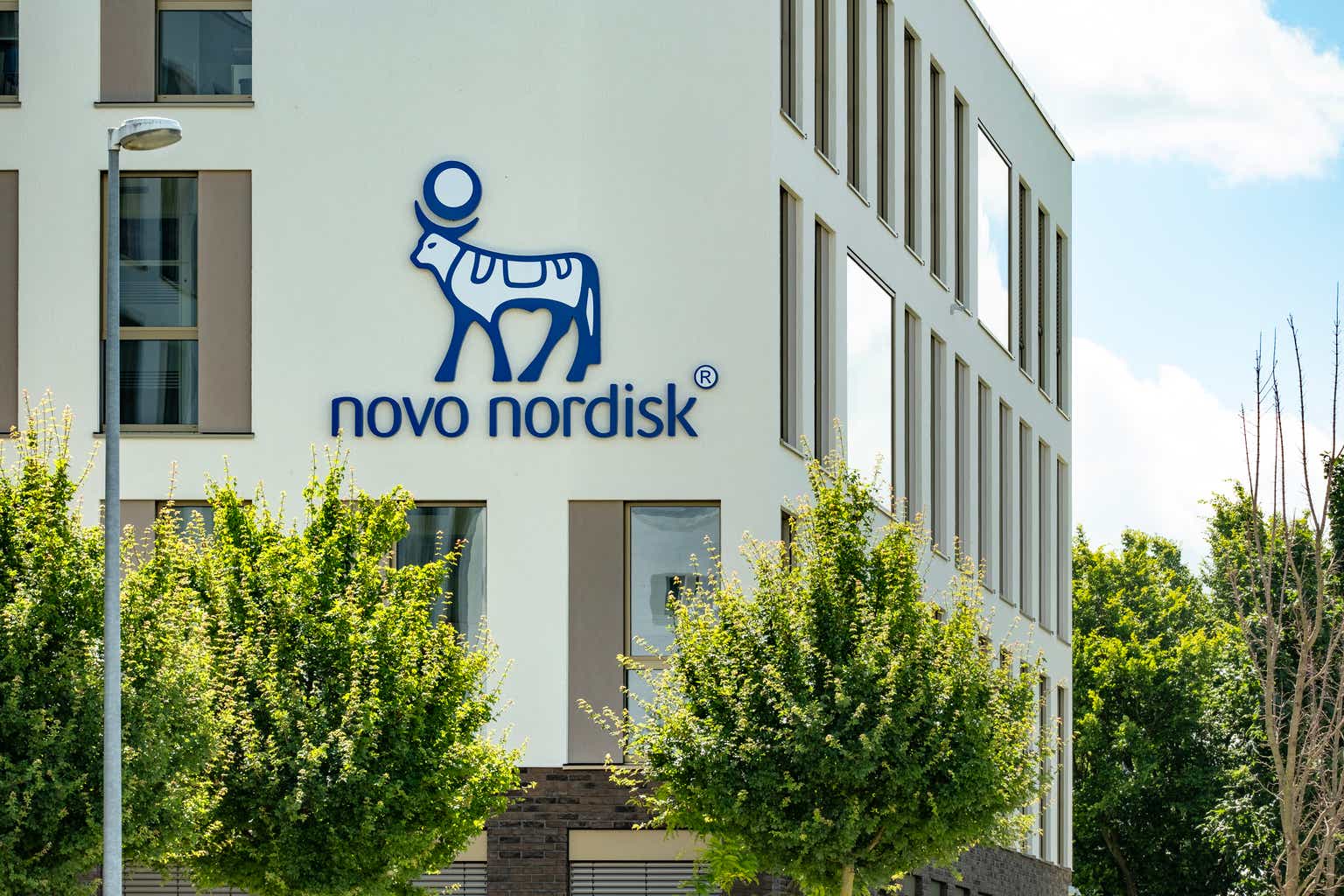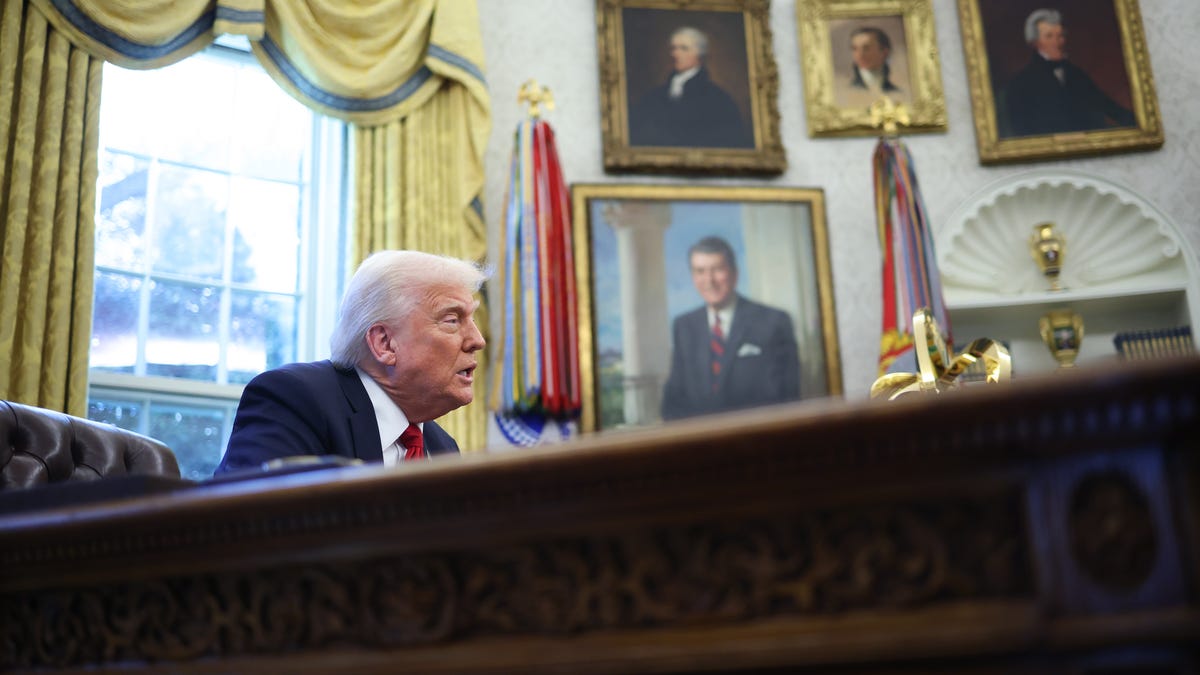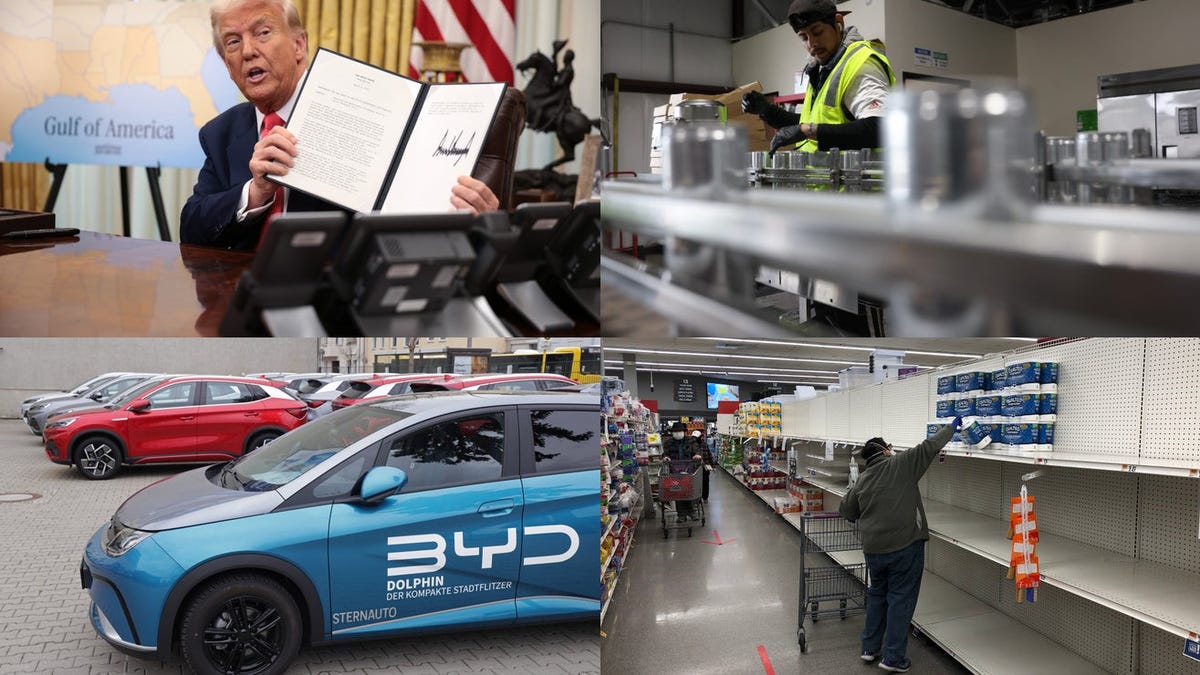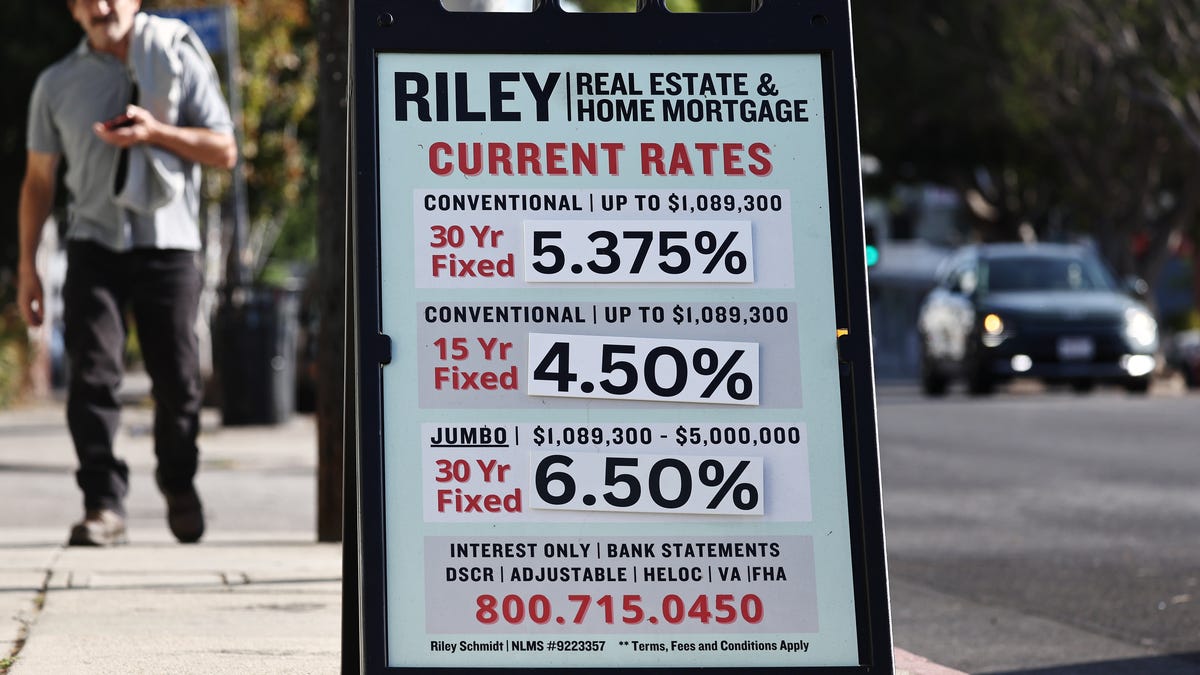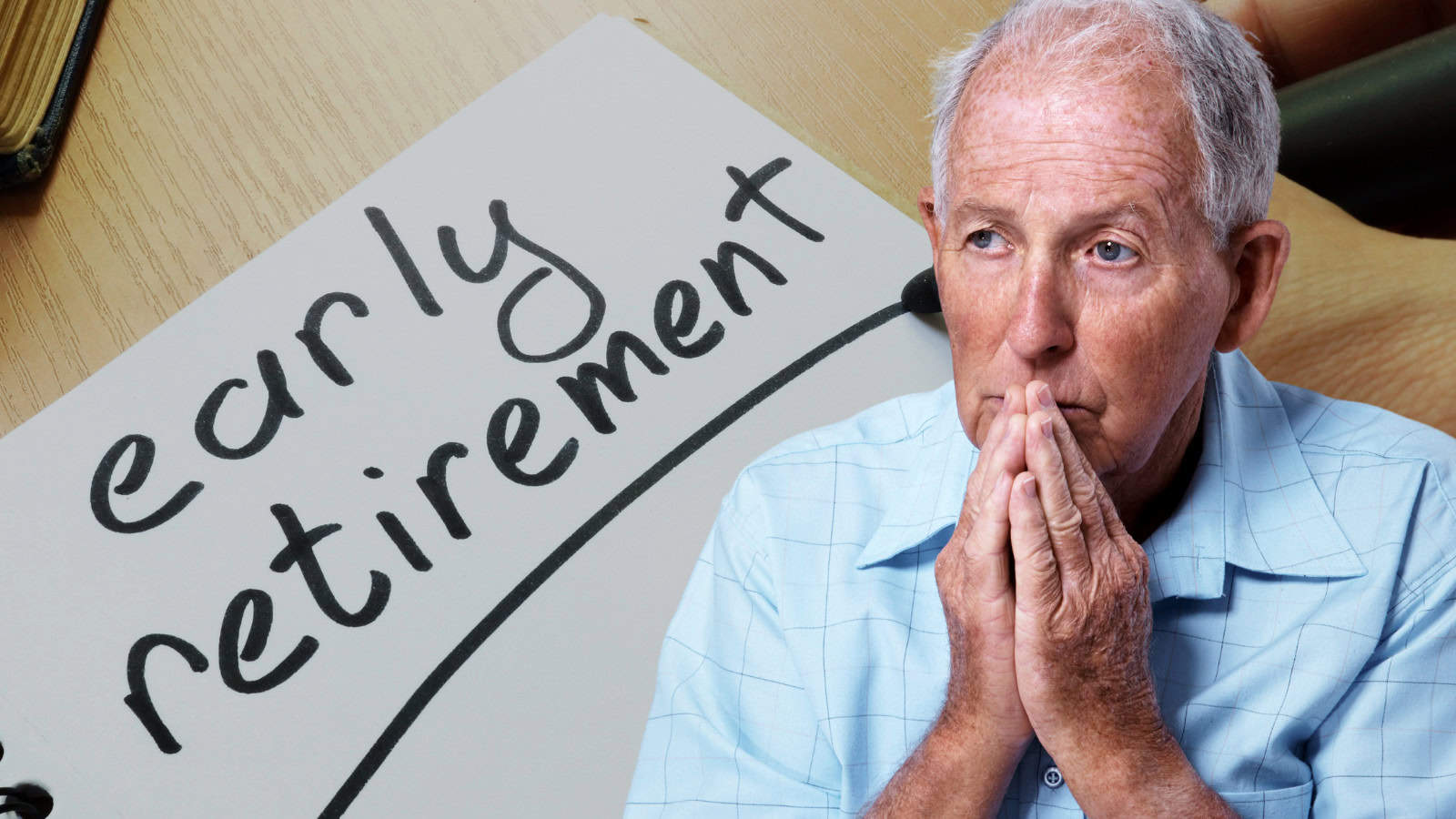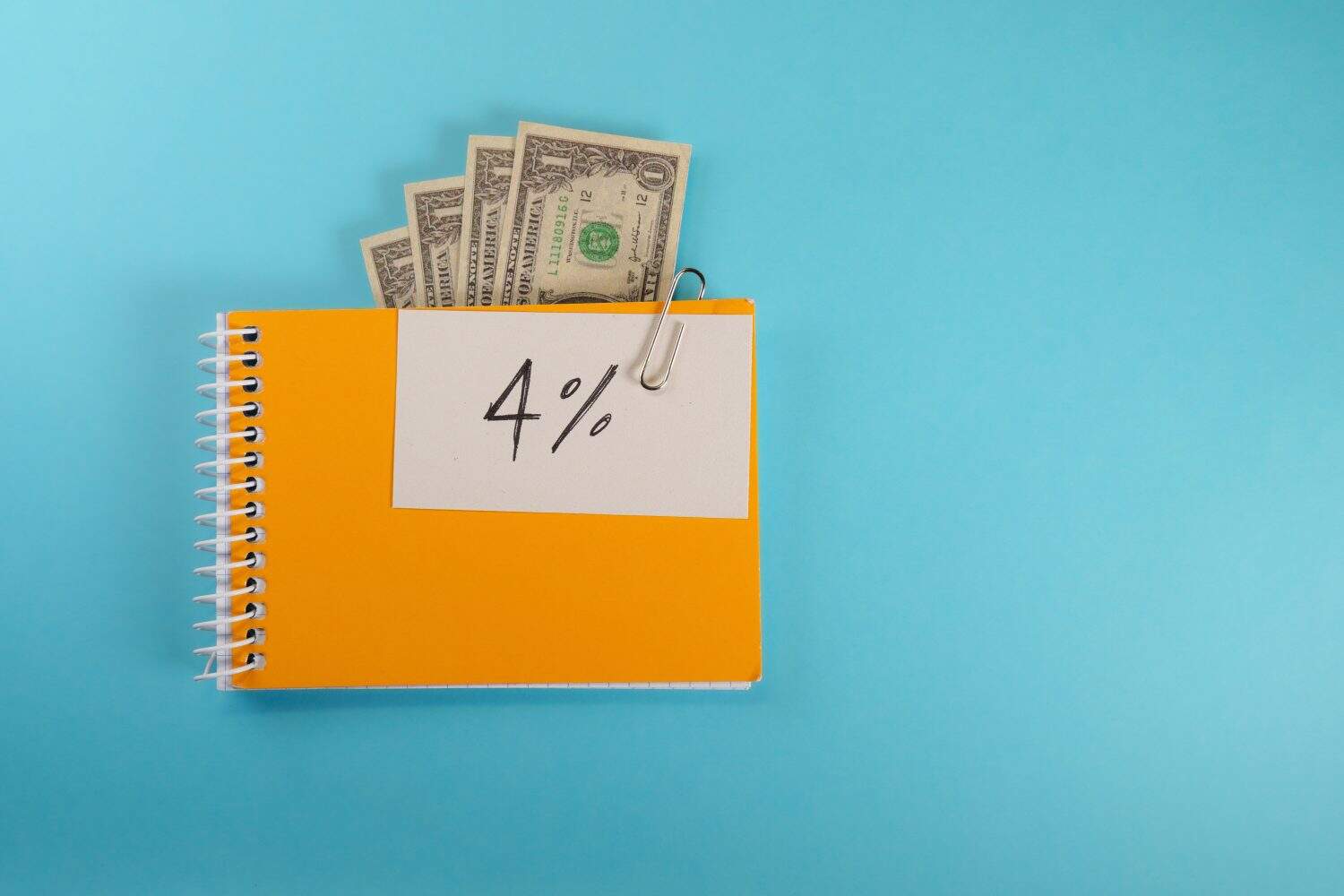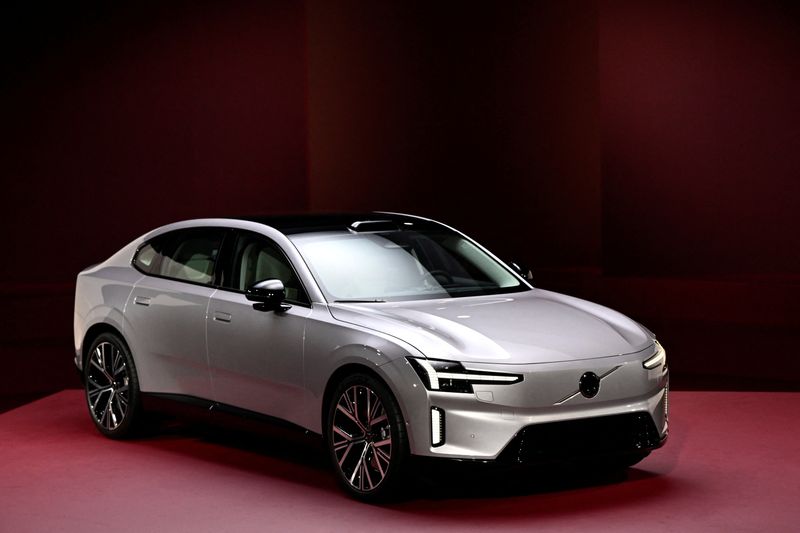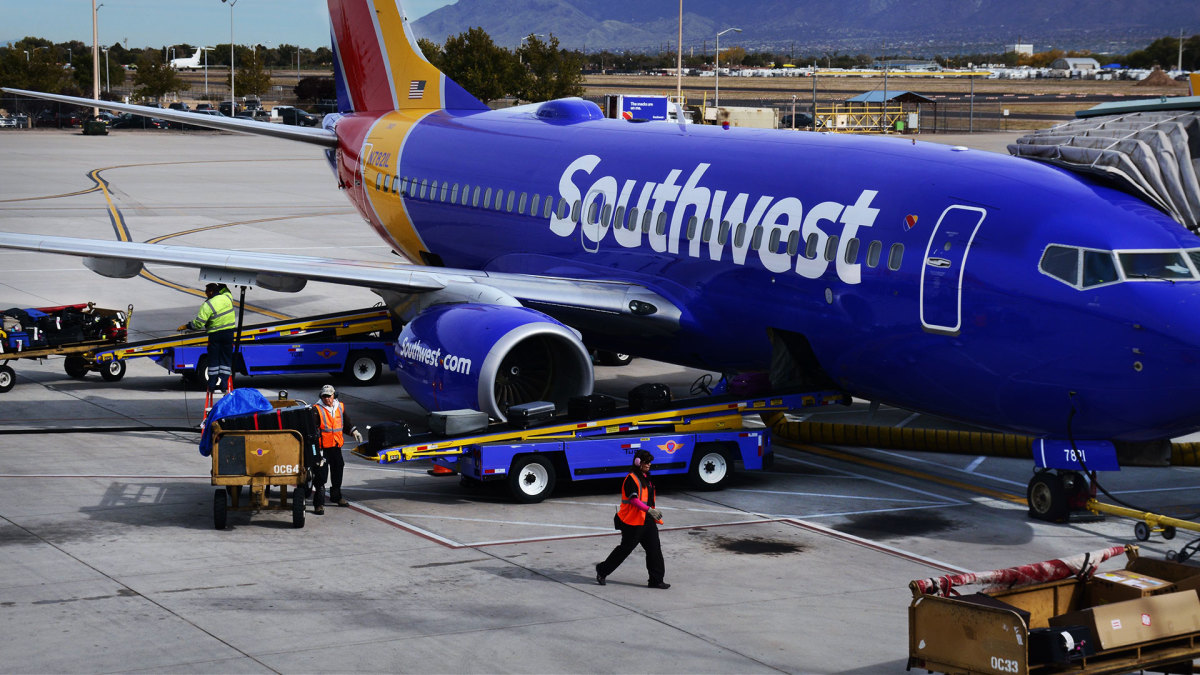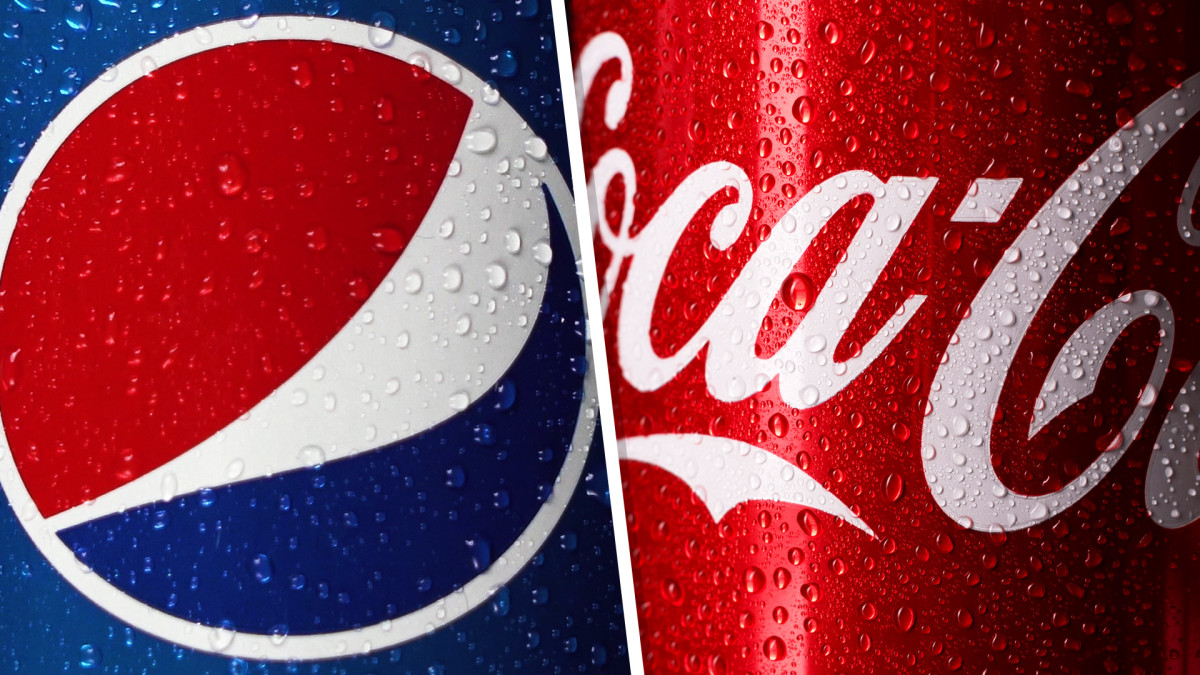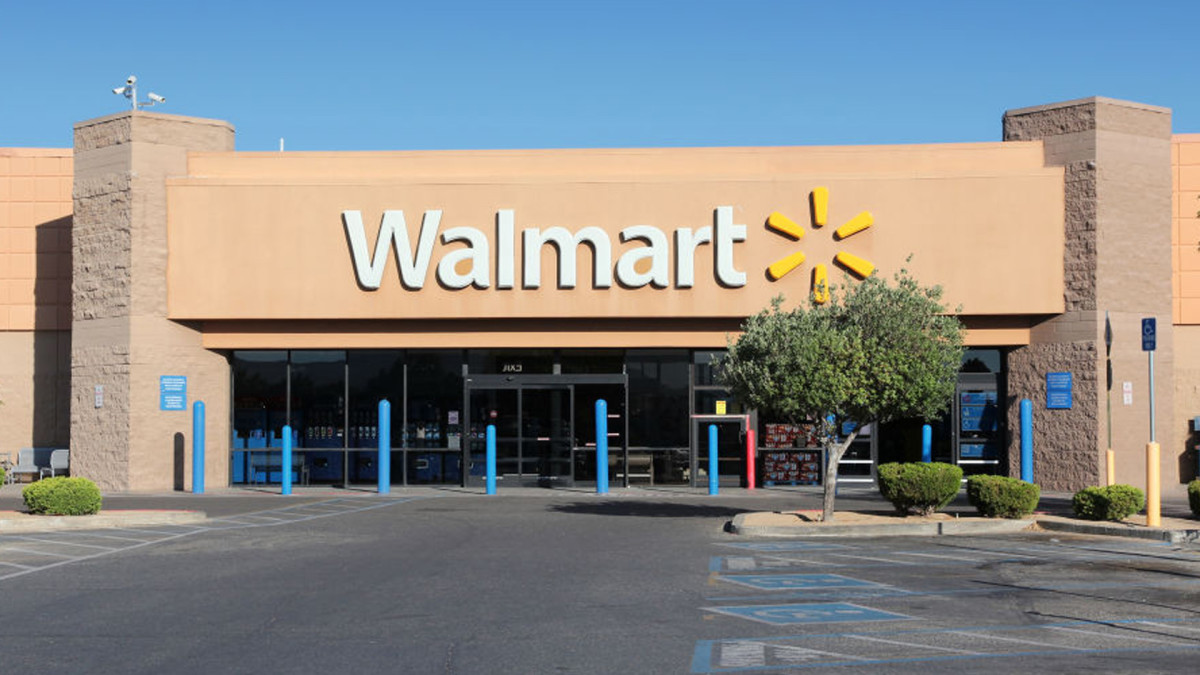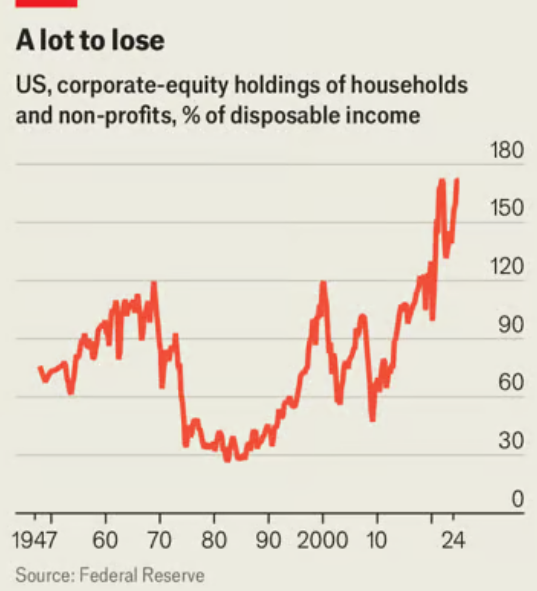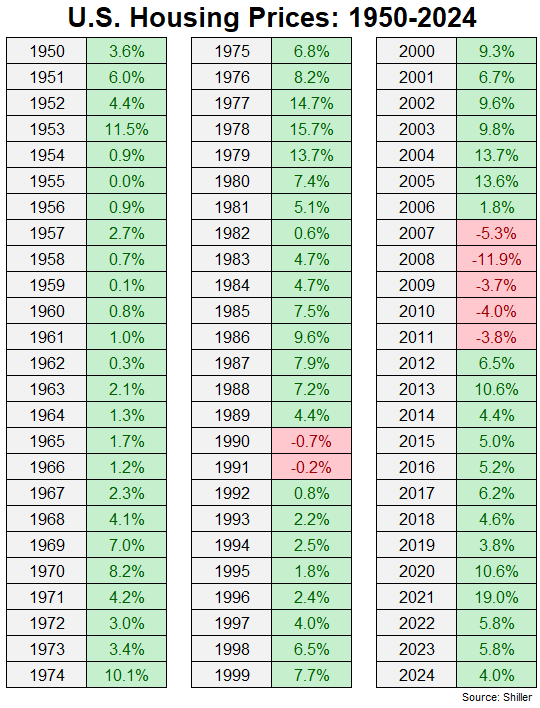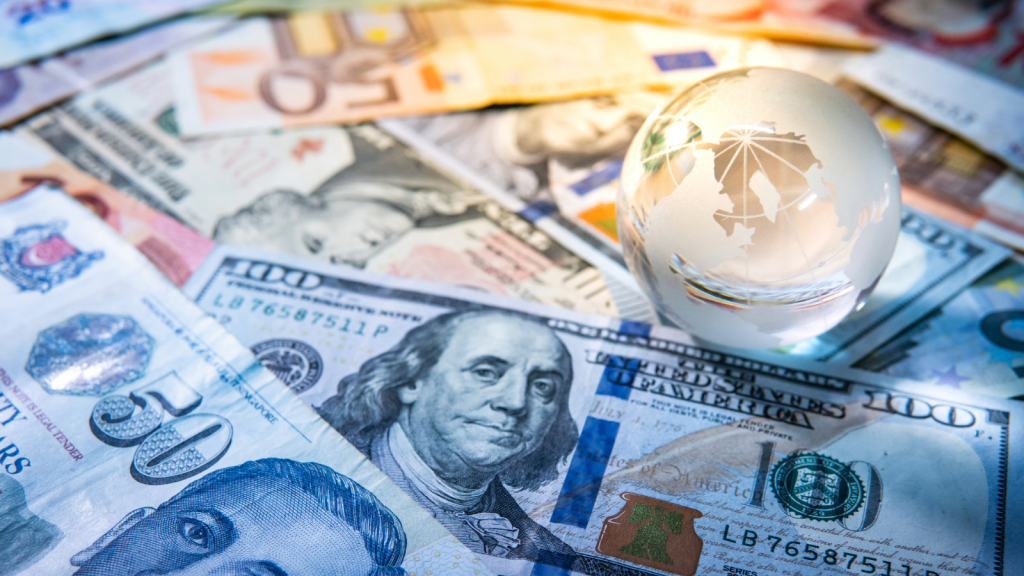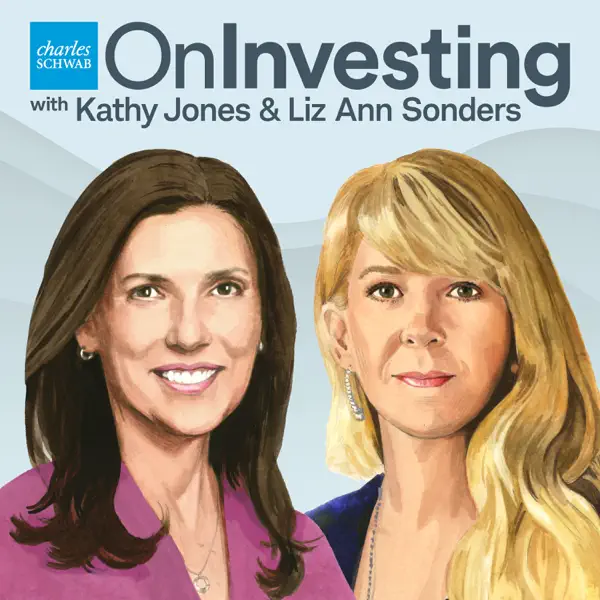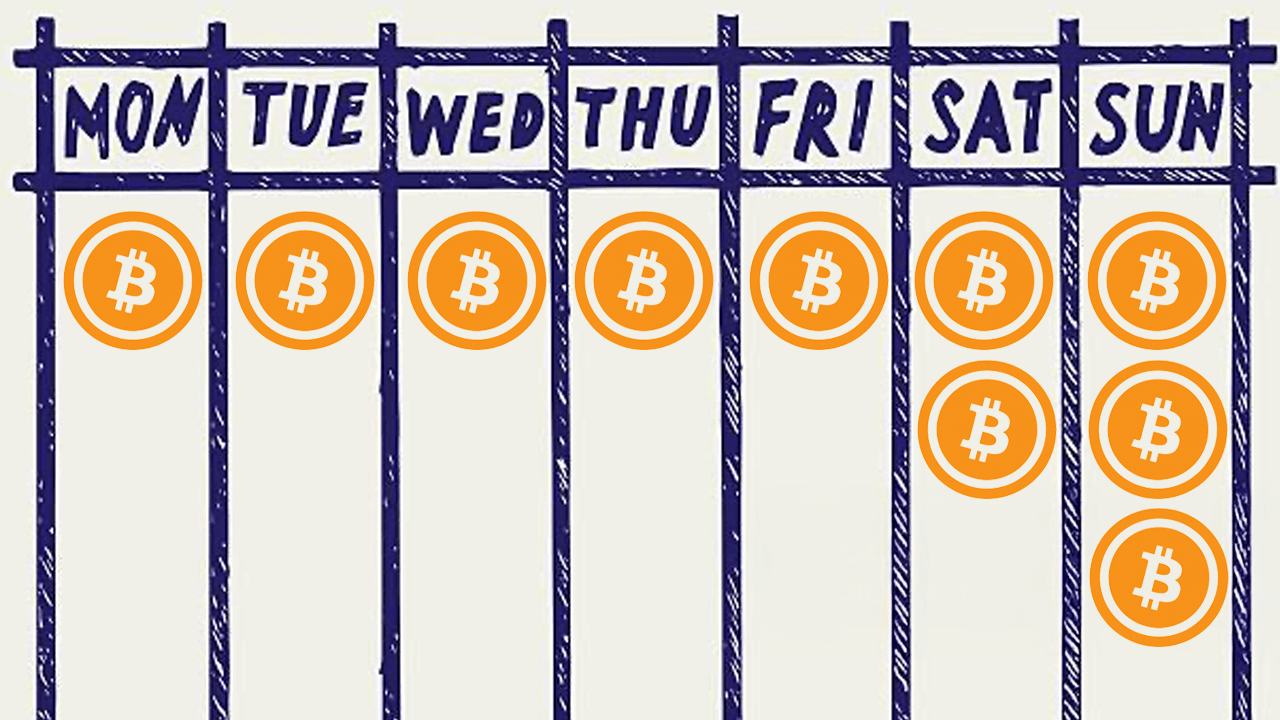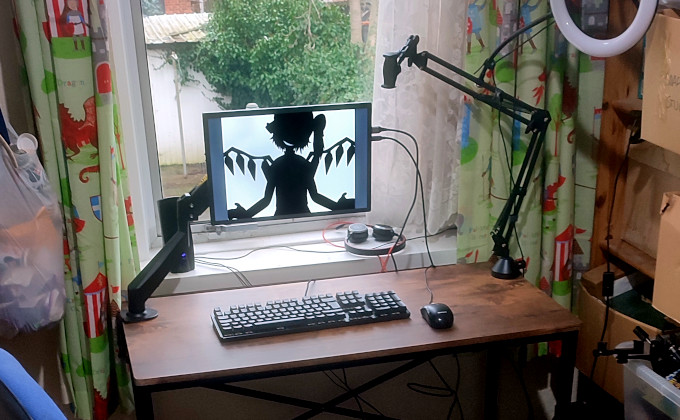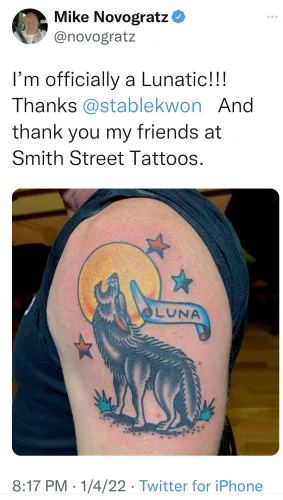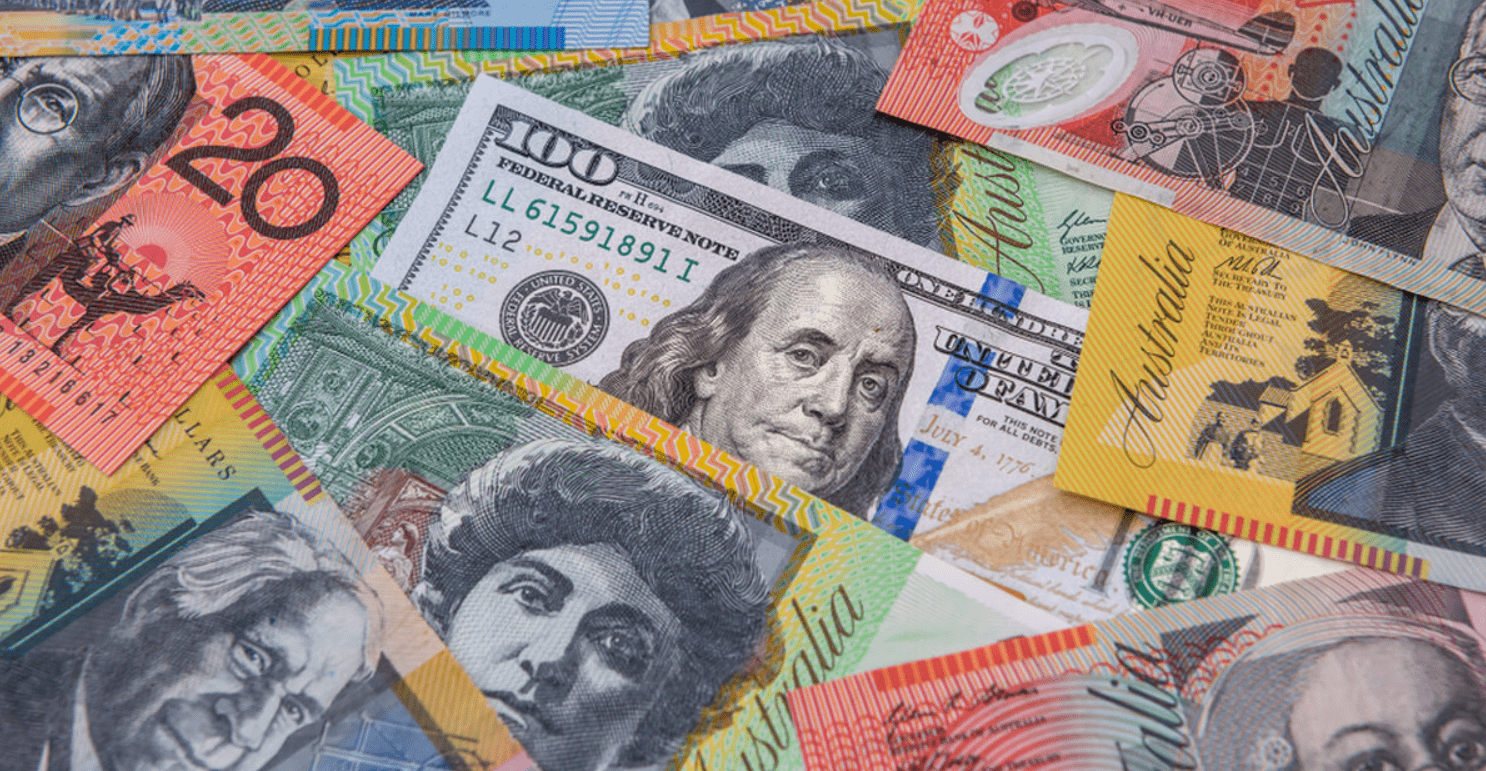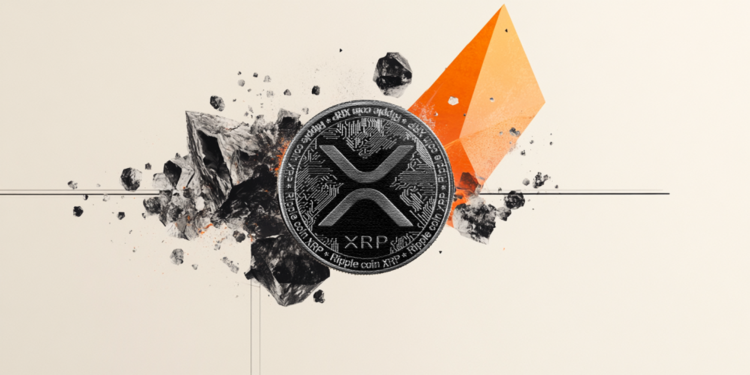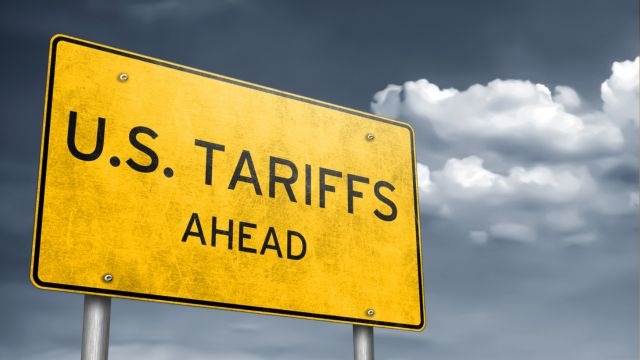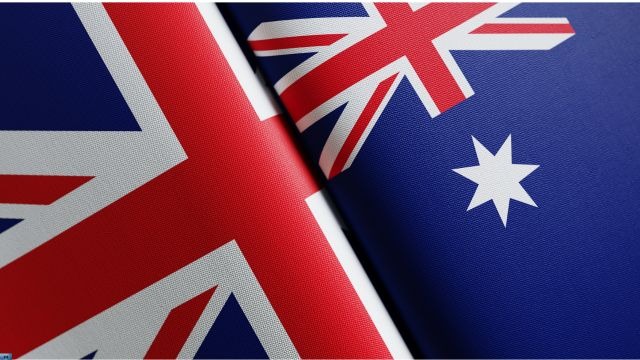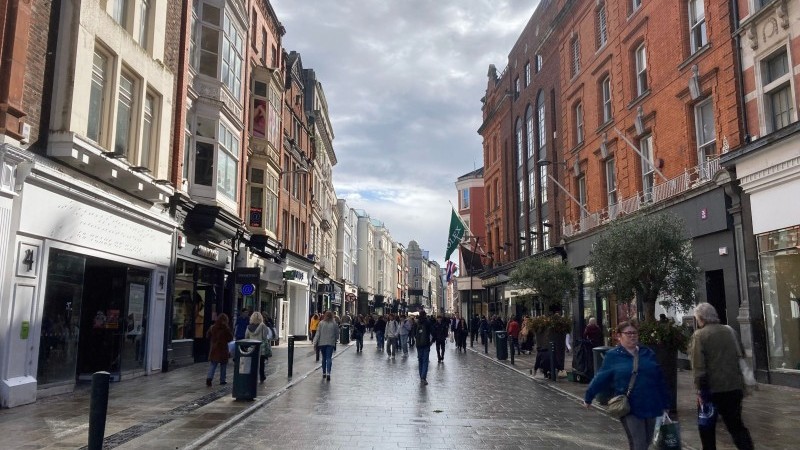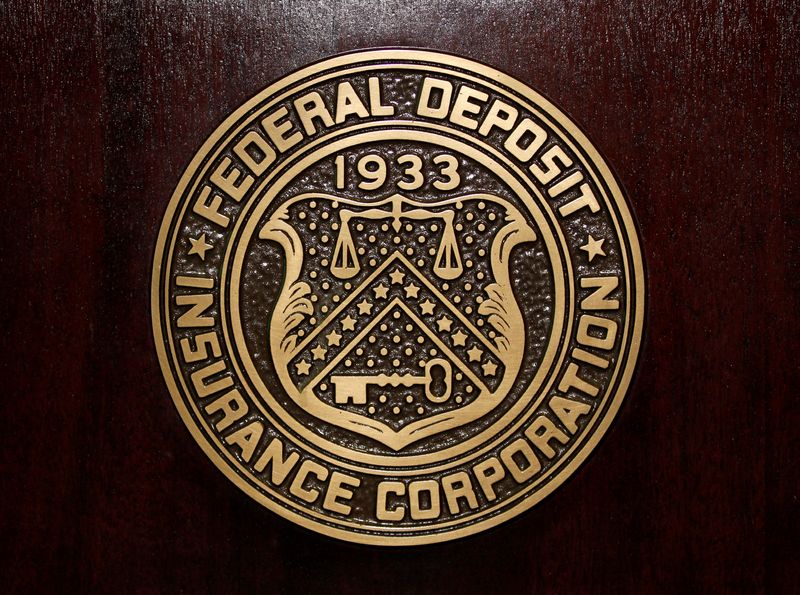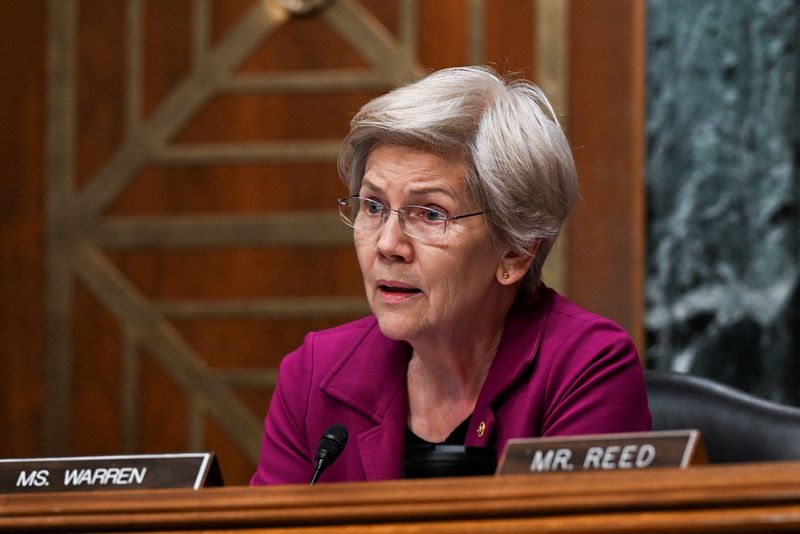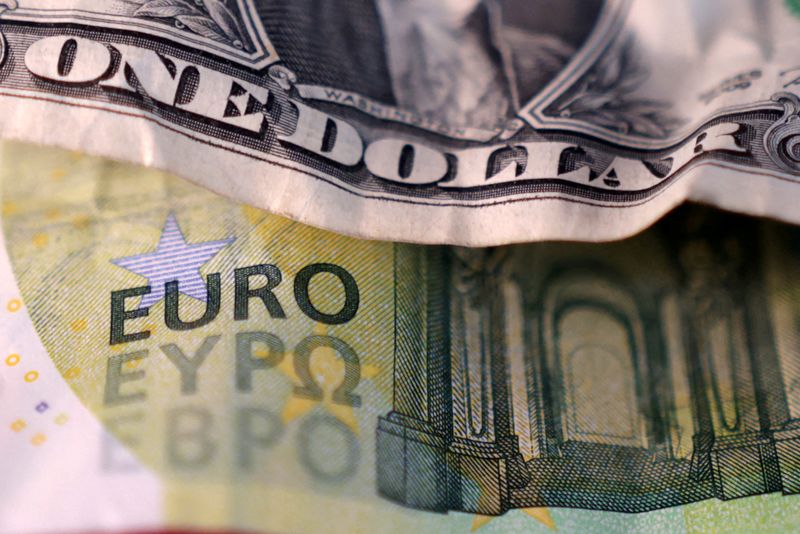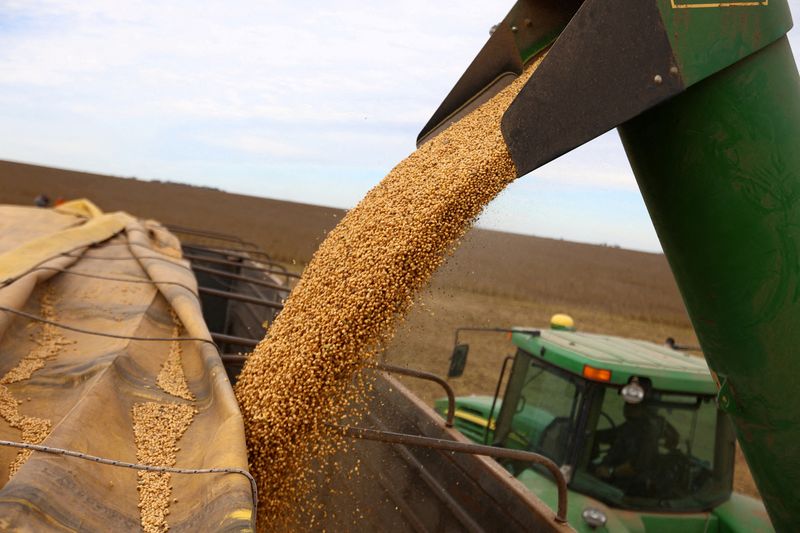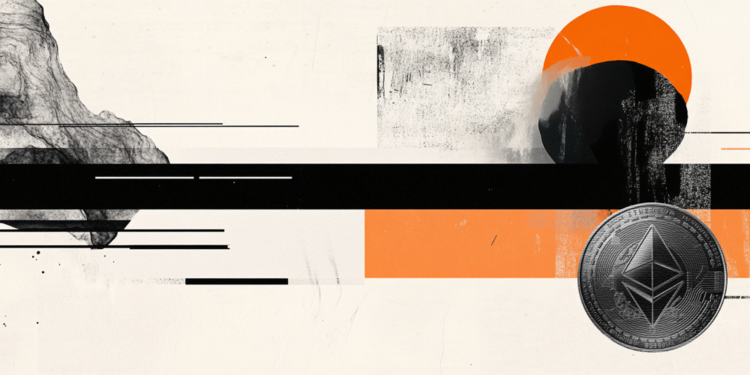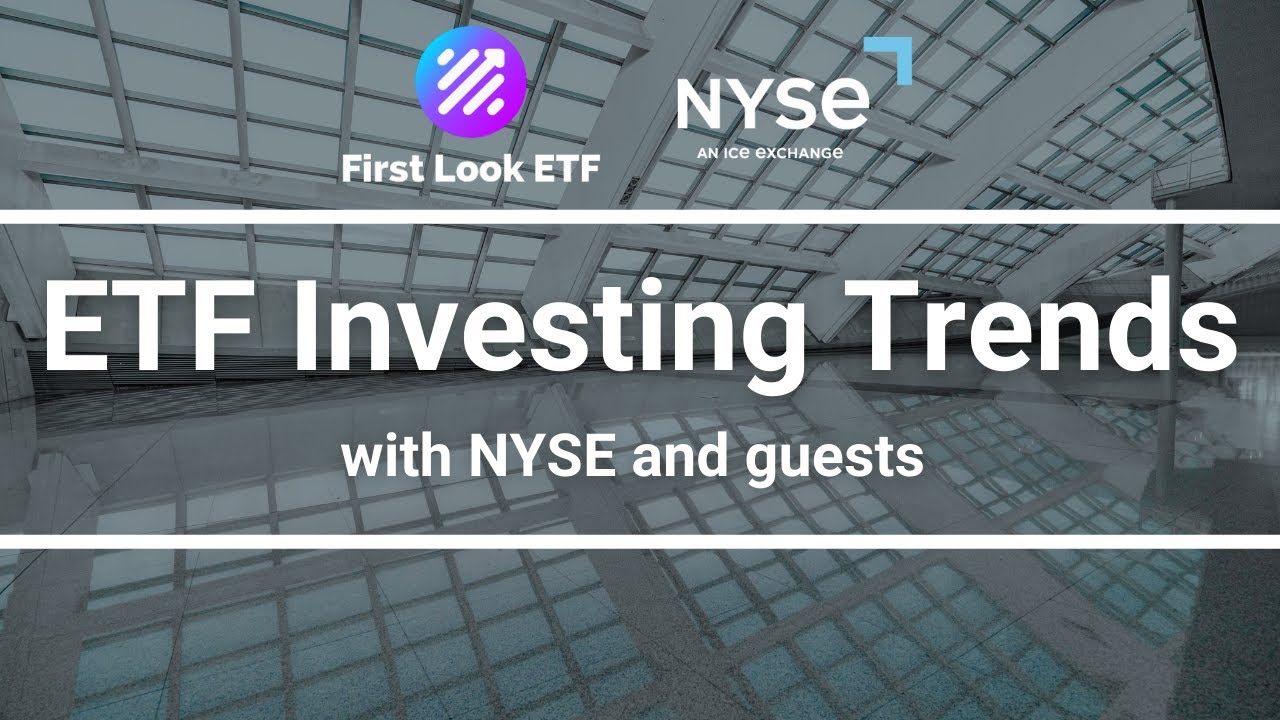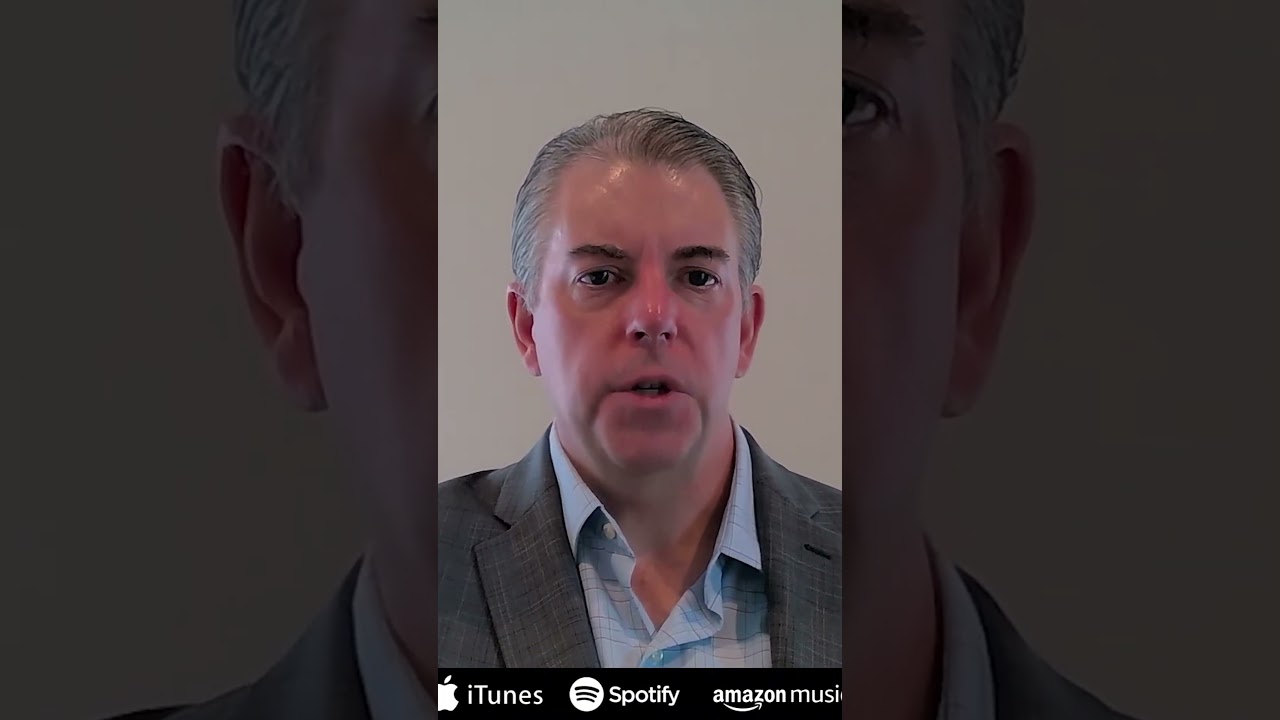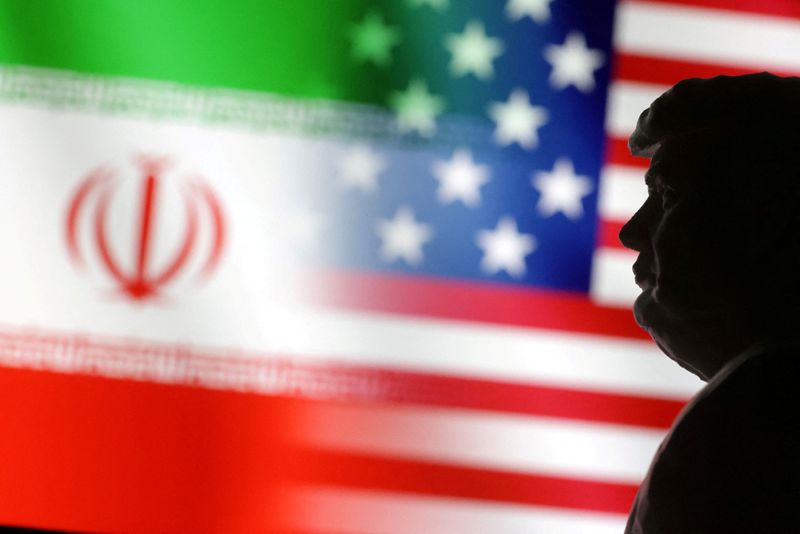Trump’s ‘shotgun approach’ to auto tariffs will have significant ripple effects—even if you’re not buying a car: ‘Virtually nothing goes unscathed’
You may want to buy that car you’ve been eyeing “in the next couple of days, even this weekend,” one expert said.

- President Donald Trump announced 25% tariffs on all imported cars and car parts. Experts say this won’t just impact new cars, but also used cars, insurance premiums, and maintenance costs. Edmunds director of insights Ivan Drury called it a “shotgun approach” where “virtually nothing goes unscathed.”
President Trump on Wednesday announced a 25% tariff on imported cars and car parts. While many are focused on how this move will affect automakers, from their supply chains to their share prices and bottom lines, many experts believe this tax will have vast ripple effects—even if you’re not necessarily looking to buy a car.
“U.S. consumers will likely hold on to their existing cars for longer, and may switch to buying used cars, so used-car prices will rise,” Paul Donovan, chief economist at UBS Global Wealth Management, wrote in a Thursday note. He added tariffs will also affect drivers who aren’t even buying cars because “higher new and used-car prices eventually increase auto insurance prices.”
Ivan Drury, director of insights at Edmunds, told USA Today consumers can expect price hikes for everything, including insurance premiums and maintenance costs.
“It’s a shotgun approach,” Drury said. “Virtually nothing goes unscathed.”
Steve Birkett, consumer advocate and EV specialist from FindTheBestCarPrice.com, told Fortune that price changes for insurance rates “may take slightly longer to appear” compared with the rising sticker prices for new and used vehicles, but are “inevitable” if the 25% tariff goes into effect.
“Insurers base rates partly on vehicle replacement costs and repair expenses, both of which would be affected by tariffs,” Birkett said.
Erika Tortorici, owner and principal of Optimum Insurance Solutions, told Fortune: “Insurance rates are already trending upward, and consumers should expect this pattern to continue” as insurers adjust their own pricing to account for rising costs owing to tariffs.
“Insurance companies need to maintain profitability,” Tortorici said. “If they pay out more in claims than they bring in, they can’t sustain their business.
“The days of rates decreasing are largely behind us,” she added.
Tony Pelli, a supply-chain expert and director at consulting firm BSI, told Fortune consumers can expect prices to begin rising “within a couple of weeks.”
“Integrated North American supply chains are tightly coordinated to operate in a ‘just in time’ fashion, meaning any tariff or cost increase will quickly impact consumers,” Pelli said. “Even before this, existing inventory in the U.S. will gain value as dealers and buyers will anticipate lower supply and higher prices.”
Greg Migliore, editorial director at AutoGuide, told Yahoo Finance in a Thursday interview that if you’re looking to buy a car, either new or used, you might want to try to make a decision “in the next couple of days, even this weekend.”
“Most likely we’re going to see price increases—$5,000 to maybe $12,000 increases, depending on the vehicle and perhaps how severely they’re impacted,” Migliore said. “It’s going to be quite complicated.”
Read more:
- Canada’s new leader Mark Carney calls Trump’s 25% car tariffs a ‘direct attack’ on his country: ‘He wants to break us so America can own us’
- Rolls-Royce owner Donald Trump just took a hammer to the U.K.’s $8 billion luxury car market
This story was originally featured on Fortune.com




